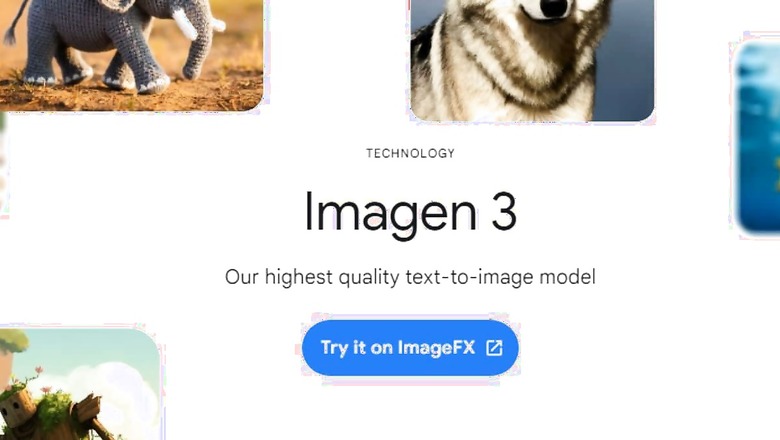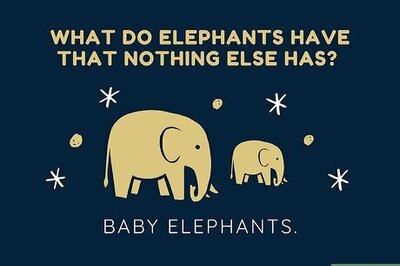
views
Google recently launched Imagen 3, its advanced AI Text-to-image generator for its users in the US. The upgraded version was earlier introduced at the company’s I/O Conference in May 2024 and is accessible through the tech giant’s Vertex AI Platform. As per The Verge, Imagen 3 is supposed to generate images with “better detail, richer lighting and fewer distracting artifacts” compared to Google’s previous models.
“Imagen 3 is our highest quality text-to-image model. It generates an incredible level of detail, producing photorealistic, lifelike images with far fewer distracting visual artifacts than our prior models,” said Google.
Imagen 3, like other AI image generators, can create detailed visuals in response to the user’s prompt. Users can also edit the image by highlighting a specific area and explaining what they want to change in the picture. However, it comes with stricter limitations as compared to its previous models.
The tech giant has imposed restrictions to prohibit the generation of harmful or illegal content, including images of public figures or weapons to prevent potential misuse of the technology.
Furthermore, while it cannot generate images of specified copyrighted characters, users can overcome this restriction by providing a description of the character they want to create.
Despite these limitations, Imagen 3 stands as a direct competitor to Grok, Elon Musk's AI picture creator on X. Grok has been used to create a variety of bizarre content, including images of drugs, violence and celebrities, reported The Verge.
Google’s Imagen 3 is now available via Vertex AI and ImageFX and will soon become available throughout Google AI features in Workspace and Gemini on the web and mobile.
Earlier in February this year, the tech giant paused Gemini AI image generation after it created inaccurate historical pictures.
“We are already working to address recent issues with Gemini’s image generation feature,” said Google in a statement posted on X. “While we do this, we’re going to pause the image generation of people and will re-release an improved version soon.”
The tech giant first offered an image generation feature through Gemini earlier in February, in a bit to compete with OpenAI and Microsoft’s Copilot.



















Comments
0 comment